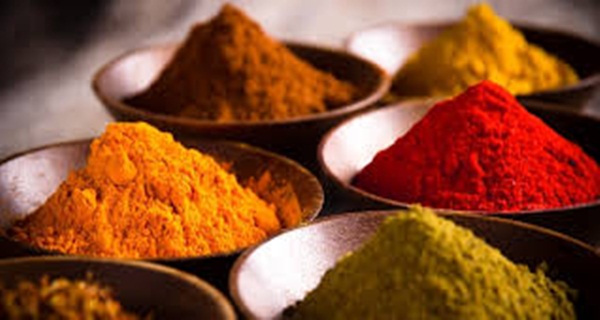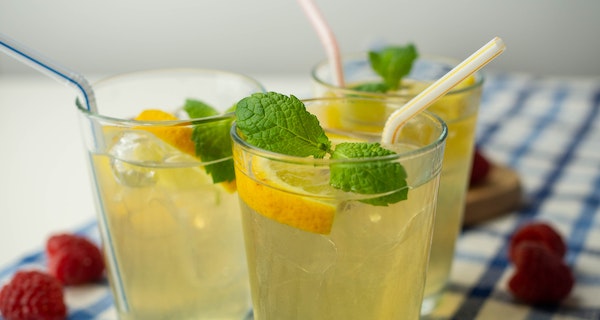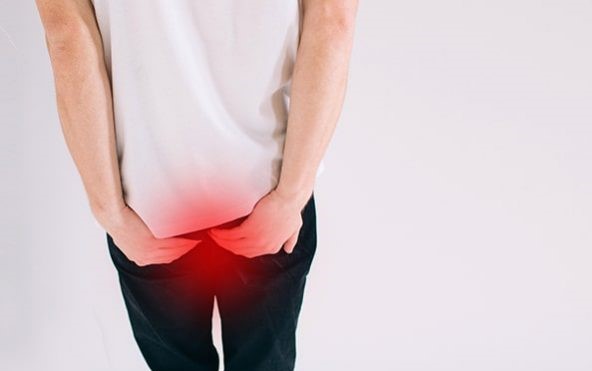In spite of all the consequences that have been associated with high blood pressure, it is nonetheless a condition that can be prevented, and easily controlled. A balanced diet, some medicinal plants and spices and a healthy and active lifestyle can significantly reduce the risk of this condition, as well as normalize the pressure that is already elevated.
In most cases of high blood pressure the cause of the issue is unknown. A combination of factors such as stress, alcohol, smoking, obesity and lack of physical activity as well as one’s family history and age is what most people believe to be the cause. Although a condition that can lead to something worse if left untreated, high blood pressure is not a disease. The best decision you can make right now is to take all the preventive measures against heart disease, stroke and kidney disease, and the first thing you should try is to regulate your blood pressure naturally.
In a study recently published in the Journal of Medicine, it was established that some ordinary spices can protect us from heart disease and the deterioration that aging brings. In this study, the researchers found a link between phenols, which are included in the composition of certain spices and herbs, and their ability to prevent glycation (Uncontrolled binding of protein or fat molecules with sugar molecules) and the formation of AGE compounds. Premature aging and heart disease are some of the consequences of the aforementioned processes.
Spices and herbs are a great way to make your healing diet. Here are a few spices of which you might not have known that they protect the heart and blood vessels.
- Garlic-garlic contains allicin, a substance that has antibacterial, antioxidant, antihypertensive effect and also decreases fat. In a test research in the clinical research center in New Orleans on the subject of whether garlic can lower blood pressure, nine patients with severe hypertension were given a drug containing 1.3% allicin. In five to fourteen hours after taking the doses, all patients experienced a lowering of blood pressure (at rest), and reduction of diastolic blood pressure. In a study published in 2009 it has been shown that fresh garlic has more powerful and protective effect on the heart then processed one.
- Cinnamon-Cinnamon not only helps in prevention of a heart disease, but it can also forestall diabetes. The Center for applied science in health care in Ohio conducted a research on 22 subjects; half of them were given 250 mg of cinnamon dissolved in water every day, and the other half was administered with placebo. It was found that those who drank cinnamon had 13 to 23% higher level of antioxidants which are associated with lowering of the blood sugar.
- Onions-onions contain quercetin, a flavonoid antioxidant which was confirmed to have preventive properties against heart disease and apoplexy. In one research study published in the Journal of Nutrition, the subjects that were taking onions had a reduction of 7mmHg of systolic, and 5mmHg of diastolic pressure, in contrast of those treated with placebo.
- Olives-this herb is a significant ingredient in the Mediterranean diet, which is considered to be the healthiest in the world. It is proven that olive oil lowers the blood pressure. In a study on the importance of olive oil, Dr. I.Aldo Ferara- Assistant Professor at the university Friedrich II in Naples found that the daily consumption of 40g of olive oil helped in reduction of the medication dosages of the hypertensive patients by 50%. It is considered that the substances responsible for that are polyphenols present in the extra virgin olive oil.
- Oregano – this plant contains an ingredient called carvacrol – a substance with proven properties against high pressure. In an experiment conducted on animals, which was performed by the researchers of the University of Eskisehir Osmangazi in Turkey, it was found that carvacrol lowers the pulse and balances the arterial as well as the systolic and diastolic pressure.
- Hawthorn – this plant is used in the traditional medicine as a treatment for high blood pressure. In one study conducted at the University of Reading in England, a group of 72 patients with type 2 diabetes were treated daily with a Hawthorn extract (1200mg), while the other group received other drugs against high blood pressure. After 16 weeks, the results showed that the patients who were treated with a Hawthorn extract displayed a reduction in the mean diastolic pressure.
- Cardamom – in research published in the Indian Journal of Biochemistry and Biophysics, 20 patients with recently diagnosed primary hypertension were treated with 3 grams of cardamom powder a day. After three months, all respondents felt well and without any side effect. The study has also clearly demonstrated that their blood pressure was effectively lowered. The therapy has also improved the status of the antioxidants and has dissolved the blood clots, but has not significantly altered the blood lipids and the level of fibrinogen.
The use of the natural antioxidant and anti-inflammatory properties of spices and plants is a great way to improve our health. All of these plants have very few calories, they improve the nutrition and the healing value of our meals. They can serve as natural remedies for lowering the blood pressure. Add them to soups, salads and vegetable meals. It is cheaper and healthier alternative then being forced to use drugs on prescription and synthetic supplements.


